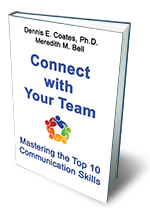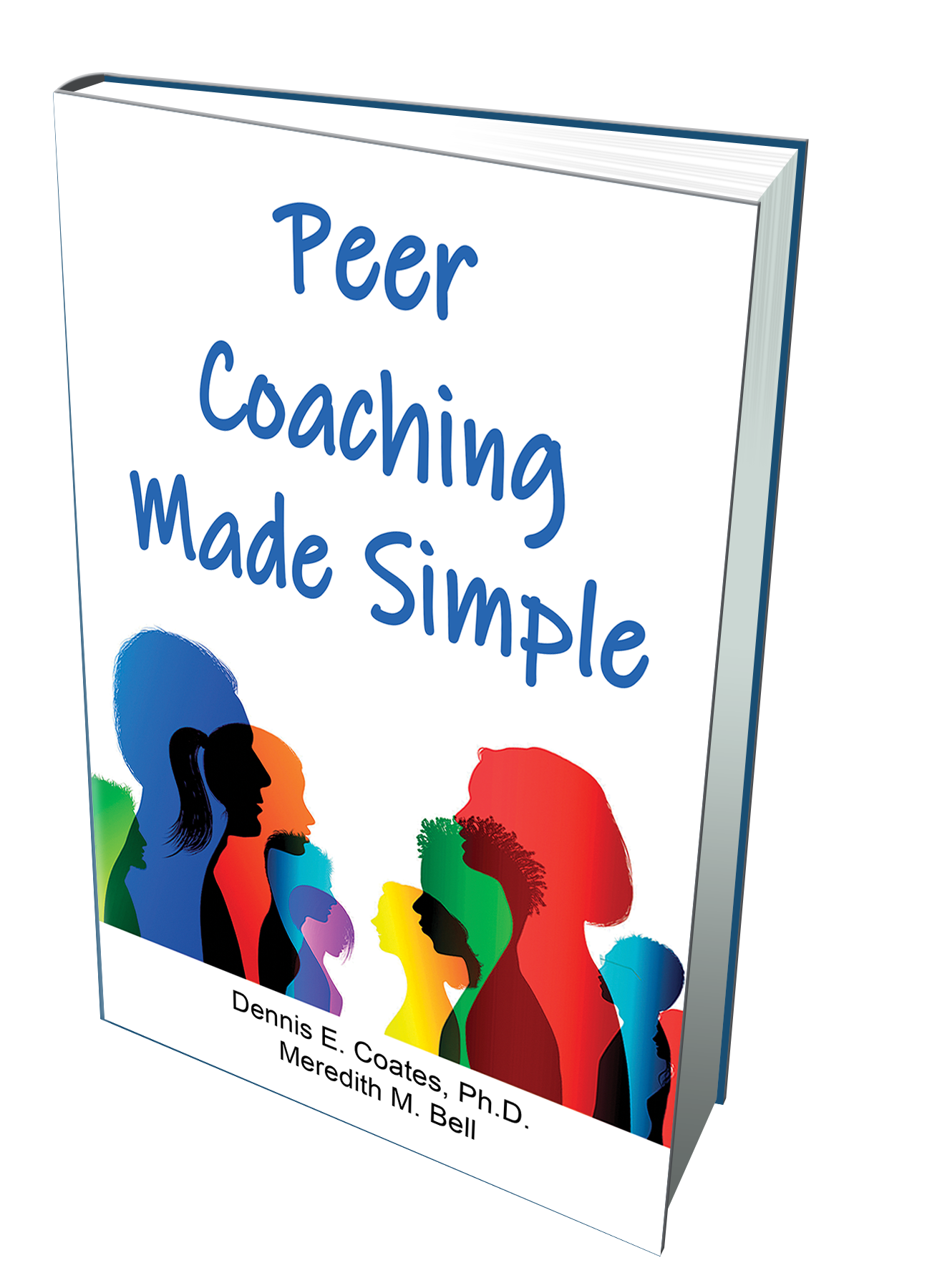
279: Why Leaders Must Be Accountable, Awake, and Aware
279: Why Leaders Must Be Accountable, Awake, and Aware
Do you have a daily mindfulness practice? If you don’t—or you’re not even sure what that is—you’ll find out from guest Pamela Stambaugh why such a practice is an essential part of your day. In this valuable conversation, Pamela explains why focusing on who you are being (BE) needs to precede the actions you take (DO) and the results you want to achieve (HAVE). You’ll learn how to practice 3 As—Accountable, Awake, and Aware—and how they impact your ability to lead and influence others.
Pamela is the President and Founder of Accountability Pays Inc., a certified woman-owned business. She has an MBA and is an ICF-certified executive coach. Recently, Pamela has begun to create products based on what she’s learned from coaching senior leaders and their teams for more than 25 years.
She’s worked with clients from diverse industries, including construction, medical devices, financial services, and manufacturing. Her clients have included companies like GE Healthcare, Abbott, and the San Diego Convention Center Corporation.
Pamela maintains her mindfulness by participating in personal transformation courses provided by Landmark Education and maintaining spiritual and athletic practices.
You’ll discover:
- The Be Do Have model and how mindfulness fits in
- Pamela’s daily mindfulness practices
- Various ways that Being impacts your effectiveness as a leader
- What’s required to be both a trustworthy and a trusting leader
- Why leaders need to be trustworthy and trusting













